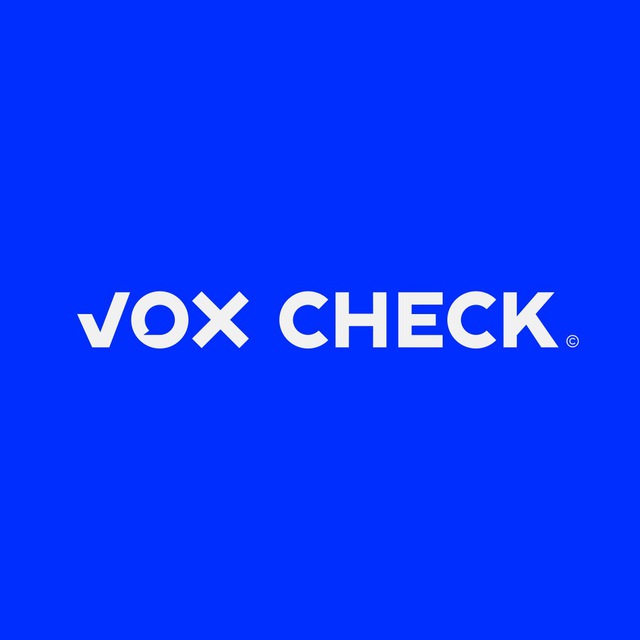Verification within Meta’s Third-Party Fact-Checking Program
Information is being spread online that allegedly corruption in the Presidential Office of Ukraine and in the law enforcement system under its control led to the blocking of $6.2 billion in aid to Ukraine, allocated by the U.S. Congress. Ukrainian politician and public figure Oleksandr Dubinskyi reported this. According to him, the blockage was the result of reports by the White House’s chief auditor for Ukraine, Penny Pritzker.
However, this is fake. Oleksandr Dubinskyi is not a reliable source of information. There is no information online about the aid being blocked or any reports by Penny Pritzker.
Screenshot of the post
Member of Parliament Oleksandr Dubinskyi is not a reliable source of information—he systematically spreads Russian propaganda. In particular, Dubinskyi has called the slogan “Glory to Ukraine” Nazi, promoted claims about American biolabs and persecution against Orthodoxy in Ukraine. Currently, the pro-Russian politician Dubinsky is in custody — he is accused of treason and involvement in a criminal organization engaged in subversive information activities for the benefit of Russia. According to the investigation, the organization was formed by the Russian General Staff’s Main Directorate, and Dubinsky was part of it under the codename “Buratino”. He faces up to 15 years in prison with confiscation of property.
Reliable Ukrainian and Western media sources do not mention any information about the United States blocking $6.2 billion in aid to Ukraine, and it is unclear why Dubinskyi refers to this specific amount.
In the first half of 2024, the U.S. did not provide budgetary support to Ukraine. After the new package was passed in Congress, Ukraine and the U.S. agreed on financial assistance amounting to more than $9.4 billion. It is to be allocated across several programs, including $7.849 billion in direct budget support from the Economic Support Fund (ESF). The first $3.9 billion has already been transferred to the budget in August, with the remaining funds to arrive by the end of the year. Another $1.575 billion will come from the Assistance to Europe, Eurasia, and Central Asia (AEECA) fund, and up to $50 million will be allocated for food security. Thus, the total amount that Ukraine expects to receive from the U.S. by the end of the year is approximately $5.5 billion — less than the amount Dubinskyi refers to. No news has emerged regarding delays in these payments by the United States.
There are no reports on the White House website from former U.S. Special Representative for Ukraine’s Economic Recovery Penny Pritzker, as Dubinskyi mentions. Auditing the aid provided to Ukraine by the United States was not part of her responsibilities. Pritzker’s role involved mobilizing international partners to help Ukraine address urgent needs for economic recovery. Since early September 2024, she has been replaced in this role by U.S. Deputy Secretary of State for Management and Resources Richard Verma.
Instead, audits are carried out by several other departments. The U.S. State Department, specifically the Office of the Inspector General of the State Department and the U.S. Government Accountability Office (GAO), plays key role in overseeing non-military aid. The Office of the Inspector General of the U.S. Department of Defense oversees military assistance.
The Office of the Inspector General of the U.S. Department of Defense periodically publishes reports with conclusions and recommendations for improving control over the transfer of weapons and enhancing monitoring efficiency. However, the agency has not published any reports evaluating the level of corruption in the President’s Office or recommending a halt in aid. On the contrary, in early January 2024, the U.S. Department of Defense Inspector General published a report titled “Evaluation of the DoD’s Enhanced End-Use Monitoring of Defense Articles Provided to Ukraine.” The report positively assessed Ukraine’s efforts to monitor the supply of weapons and equipment. It noted that in some cases, Ukrainian officials conducted inventories more thoroughly than their American counterparts.
Recent reports from the State Department mention that U.S. government agencies signed several memoranda of understanding with Ukrainian anti-corruption bodies, including the National Anti-Corruption Bureau of Ukraine (NABU) and the Specialized Anti-Corruption Prosecutor’s Office (SAP), to formalize information exchange in support of criminal investigations and supervisory activities. We did not find any negative evaluations of this cooperation in the reports, nor any assessment of corruption in the Presidential Office. The U.S. Government Accountability Office has also not commented on corruption in Ukraine, only reporting on the use of allocated funds and making recommendations for more effective monitoring of financial aid.
For 2023, Ukraine scored 36 out of 100 possible points in the Corruption Perceptions Index by Transparency International, showing its best performance ever. Ukraine’s 3-point increase compared to 2022 is one of the best results globally for the past year. “Amid the recent corruption scandals in Ukraine, this rating underscores the complexity of fighting corruption while also highlighting the determination to continue this fight as Ukraine seeks further support from the U.S. and Western countries in the third year of Russia’s full-scale invasion,” the report said.
Attention
The authors do not work for, consult to, own shares in or receive funding from any company or organization that would benefit from this article, and have no relevant affiliations

